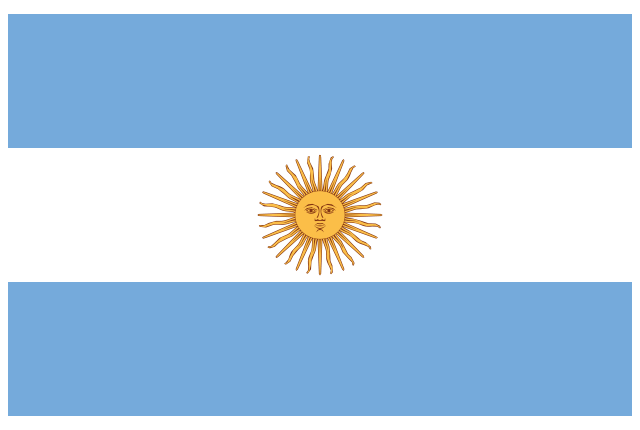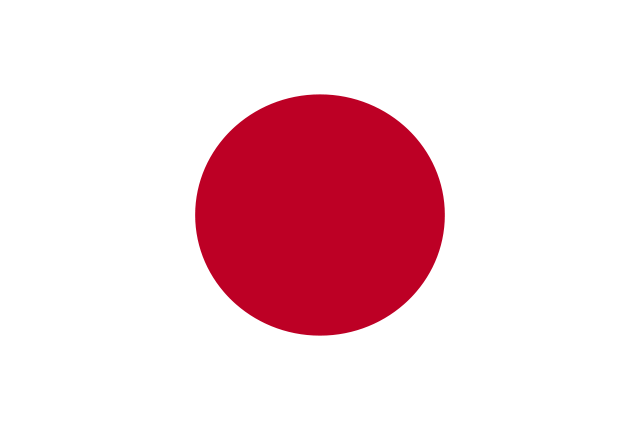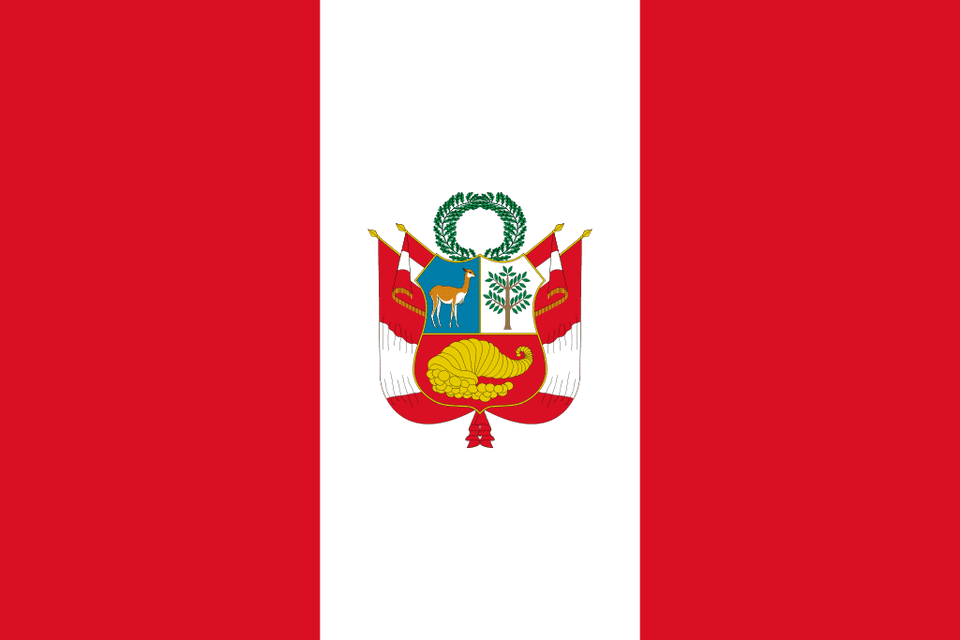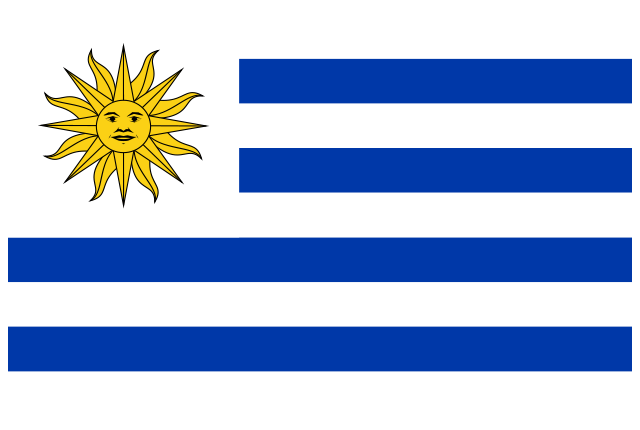Relo Japan’s team of experienced professionals combines bilingual assistance and superior Japanese immigration knowledge to guide clients through the complex application process, liaising with the Immigration Bureau and other public offices.
Our services include:
- Preliminary consultations regarding visa options and advice on the process and the required documents.
- Reviewing of all necessary documents from the transferee and the company.
- Preparation of COE application form and other necessary letters to be submitted to the Immigration Bureau.
- Submission of COE application to the Immigration Bureau on behalf of host entity.
- Sending the COE to the transferee and explaining how to apply for a visa at the nearest Japan embassy or consulate.
CERTIFICATE OF ELIGIBILITY APPLICATION
While it is possible to apply for a Japan visa through an embassy or consulate, the fastest way to obtain a visa is by first applying for a Certificate of Eligibility (COE) through the Immigration Bureau in Japan. The COE is a document which shows that its holder has been found to meet the criteria for receiving a visa and enables him/her to obtain one through a Japanese embassy or consulate in a matter of days.
Since the assignee is not yet in Japan, the COE application is prepared and submitted by an immigration attorney with the host company as sponsor. COE applications also need to be made for any accompanying family members. Once an application has been submitted, it generally takes between two and four weeks for the COE to be issued. The application processing time is determined largely by whether the host company meets a minimum requirement in terms of size (measured by the total amount of income tax withheld from employees’ salaries during the previous financial year) and has sponsored visa applications previously. There is no way to expedite the process or check the status once the application has been submitted.
OBTAINING A VISA
Once the COE has been issued, it is sent to the assignee, who then visits the nearest Japan embassy or consulate to apply for a visa. While there are restrictions for some nationalities in some locations, it is generally possible to apply for a visa at any embassy or consulate worldwide, not just in the country of residence. The standard processing time for a visa application that is accompanied by a COE is three to five business days.
In the event that an assignee arrives in Japan on Temporary Visitor status before his/her long-term visa is in place, there is a procedure called the Change of Status of Residence which allows him/her, once the COE has been issued, to change to long-term working status without leaving the country. Please note, however, that this procedure is only available to those who live within the jurisdiction of the Tokyo Regional Immigration Bureau in cases where the COE has been issued before the assignee arrives in Japan.
ARRIVAL IN JAPAN
As long as they have obtained their visas in advance of travel, the assignee and any accompanying family members will each receive a Residence Card at their port of entry (assumes arrival at one of the four main international airports). A Landing Permission seal will also be affixed to their passport showing the authorized period of stay (one, three or five years).
RESIDENT REGISTRATION
All newly-arrived foreign residents who are in possession of a long-term visa must register in the district where they reside within 14 days of arrival (or 14 days of moving into a long-term residence if he/she arrives without already having one). The newly-arrived resident is added to the register of residents and his/her address is recorded on the back of the Residence Card. A Residence Certificate can also be issued if required. Completion of this procedure is required in order to be able to open a bank account or enter into any other kind of contract.




















